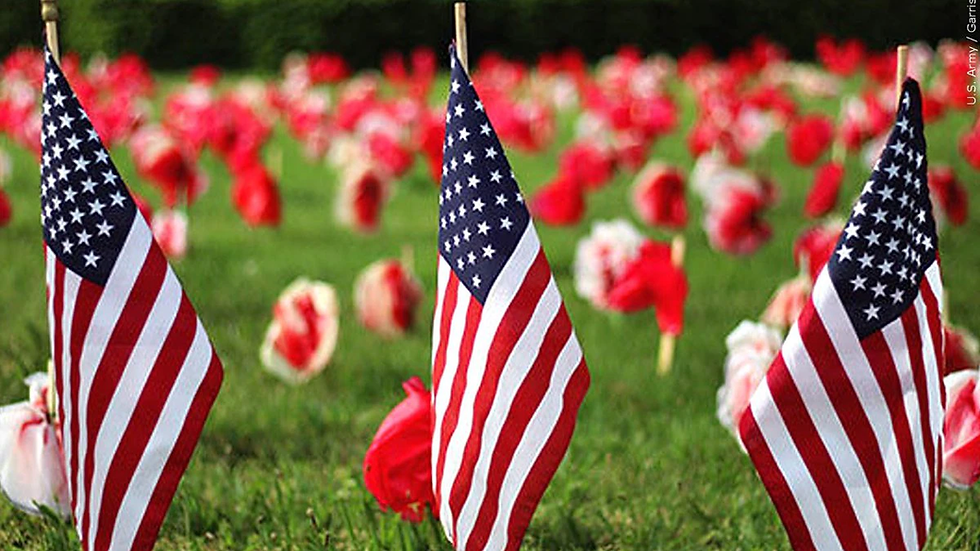Hanukkah Has Started
- Nov 29, 2021
- 2 min read
Cora Anderson, Sophomore
On November 28th, the holiday Hanukkah begins. This is a Jewish holiday commemorating the re-dedication of the Holy Temple. The holiday lasts for eight days and the beginning of the celebration changes annually. It always starts on the 25th day of the Kislev calendar, which falls sometime from late November to December in the Gregorian Calendar.

The holiday of Hanukkah has a deep historical significance. Jewish and Greek culture began to blend together during the ruling of Alexander the Great. The relationship between the ruler and Jewish people was very peaceful and understanding, but once Antiochus took over ruling, he forced the Jewish people to stop practicing their faith and he held prejudice against them. He did this by placing Greek priests in their Temple and desecrated the Holy Temple by sacrificing pigs at the altar and enforcing heavy taxes on all unloyal Jewish people. Around the year 166 BCE, a rebel group of Jewish people decided to revolt against Antiochus' government by taking back their Temple. In order to do this, they used oil to light the menorah and rededicate the Temple. There was only enough oil to last one day. But miraculously, the oil lasted for eight days. Hanukkah then became an eight day Festival of Lights to celebrate the miracle of the oil.
There are many Hanukkah traditions, but one of the best known is lighting the menorah. A menorah is a candlestick with seven other branches. It symbolizes the ideal of universal enlightenment and also the creation in seven days, the middle candle being the Sabbath. The menorah is used strictly for celebrating Hanukkah. One cannot use the menorah for uses such as lighting a fireplace or other productive purposes. Another tradition is playing the dreidel game. The players must spin the dreidel and it will land on a side. Each of the sides have their own sign. The four signs are Nun, Gimmel, Hey, and Shin. Each sign determines the action to be taken on the player's spin. Another tradition is giving out gelt or chocolate coins. These chocolate coins are also given out during the dreidel game. Fried food is also very popular and prevalent during Hanukkah to remember the oil miracle. One of the most popular foods is called a latka. It is a fried potato pancake that can easily be made at home. Another popular food made during Hanukkah is a sufganiyot, also described as a fried jelly doughnut. Gift giving is a relatively new Hanukkah tradition. It is not especially common for gifts to be distributed, so if someone does give out gifts, they tend to be small things given to close friends and family.
This is just a brief description of the history and traditions involved with Hanukkah. While it is a well known holiday, it is less religiously significant than other Jewish holidays. But, the history of the celebration is very important and the story behind it holds a great amount of significance. The eight day holiday celebrating rededication and holiness begins this year on November 28th. Happy Holidays!
Source: chanukah-changes-annually




Comments